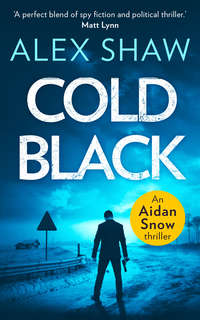Sadece Litres'te okuyun
Kitap dosya olarak indirilemez ancak uygulamamız üzerinden veya online olarak web sitemizden okunabilir.
Yaş sınırı:
0+Litres'teki yayın tarihi:
13 mayıs 2019Hacim:
393 s. 6 illüstrasyonISBN:
9780008306335Telif hakkı:
HarperCollins